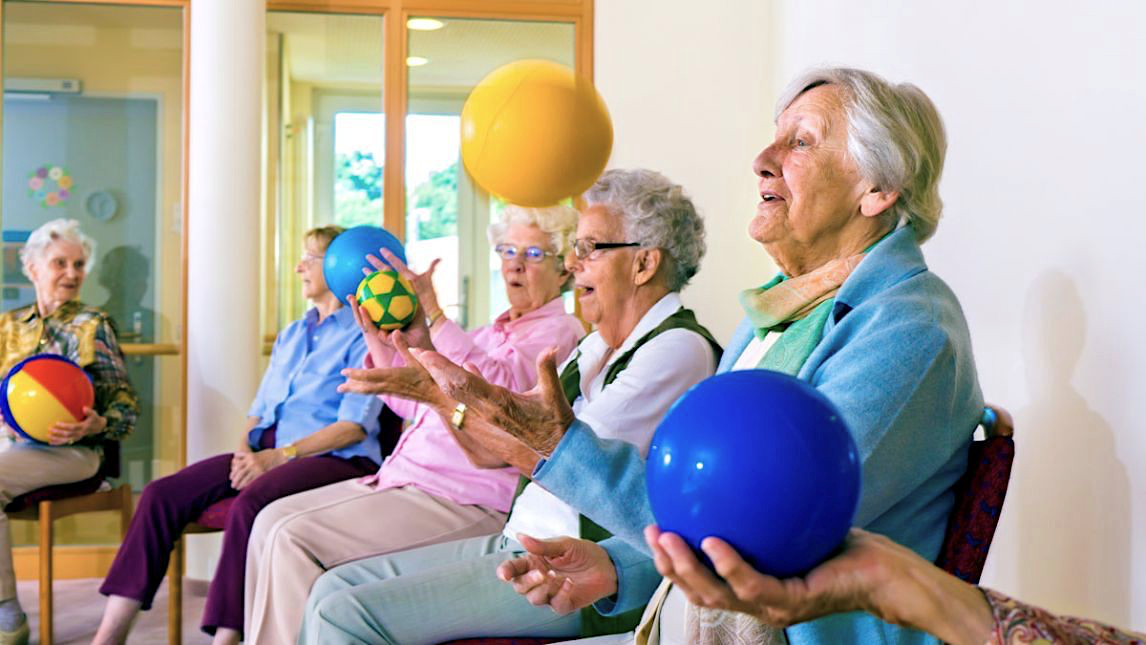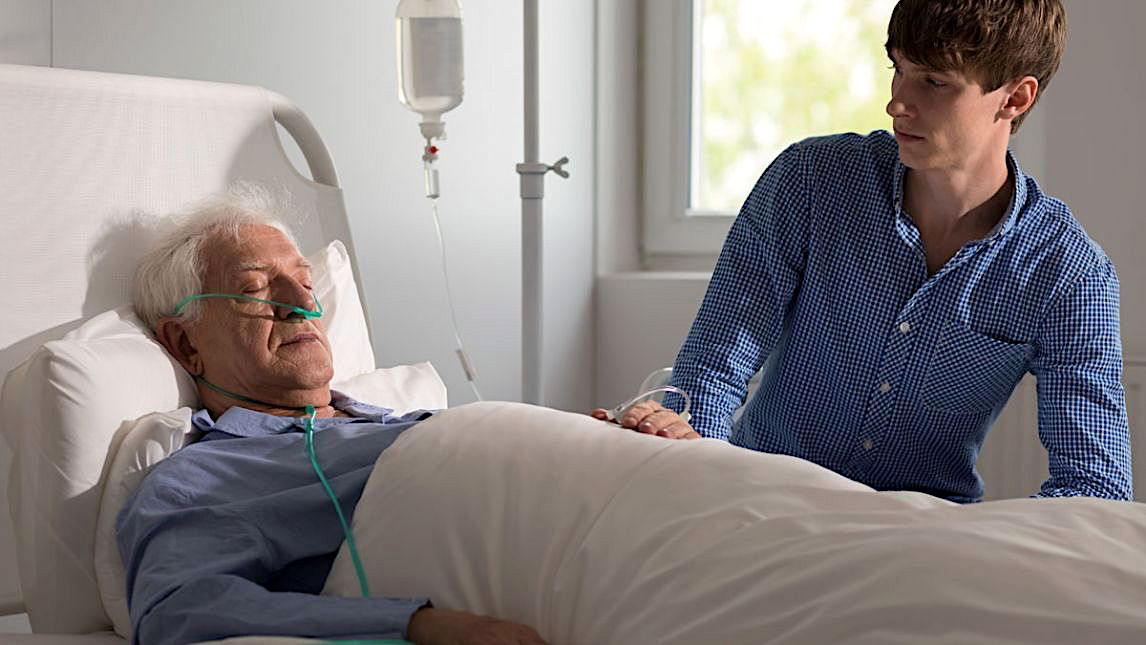Dementia group living / assisted living

| Who is it for? | • People with mild to moderate dementia |
| What is the concept? | • An alternative to traditional long-term care for people with dementia • Individuals live in a private or shared apartment with staff available to provide assistance 24 hours per day • It enables maintaining autonomy and also provides support for instrumental activities of daily living • Social activities are often offered, dining halls where residents can have meals together are available and support is provided in various needs (e.g. for transport for physician appointment etc.) |
| Benefits | • People with dementia maintain their independence and privacy • Yet they receive support from social and medical staff • Safety is more ensured than when living at home alone |
| Limitations | • Not all assisted living facilities offer services specifically designed for people with dementia • It is important to address this issue when deciding |
Day centres

| Who is it for? | • People with mild to moderate dementia |
| What is the concept? | • People with dementia are provided with a structured programme for several hours a day (usually 8 hours) • Staff includes a team of medical and social professionals who provide specific care for people with dementia • Activities at the day centre focus on non-pharmacological therapies including cognitive games, physical exercise, gardening, cooking, painting, reading, singing and dancing • Activities are provided based on individual assessment and delivered mostly in small groups • Lunch and other meals are served • People with dementia visit this king of facility for an average of 3-5 years • Day centres are usually visited by 10-20 people per da • Day care programmes are cost-effective alternatives to nursing home care and may delay institutionalisation |
| Benefits | People with dementia can socialise with others • Development of a daily or weekly routine • Participation in joint activities, non-pharmacological interventions • Monitoring of health conditions (e.g. blood pressure, medicine intake) • Enables carers to share caregiving responsibilities while continuing employment |
| Limitations | • Transport from the person’s home to the day care centre may need to be organised • Most day care centres need to be paid out of pocket |
Special care units

| Who is it for? | • People with moderate to advanced dementia |
| What is the concept? | • An option for people with dementia who require a higher level of professional care and supervision • Combination of private and shared living spaces • Often exist as a unit within an assisted living facility but may also operate as a standalone facility • Especially designed for people with dementia in terms of security and safety through locking systems and signposting • 24-hour supervision • Staff is trained to care for the specific needs of people with moderate to advanced dementia including the management of behavioural and psychological symptoms • In comparison to assisted living more intensive supervision and more dementia-specific activities are provided |
| Benefits | • 24-hour intensive care • Approach specialised for dementia to enhance quality of life • Tailored to the needs of people at more advances stages of dementia |
| Limitations | • Independence of people with dementia needs to be maintained as long as possible • Privacy issues |
Palliative care

| Who is it for? | • People in the final months or weeks of life |
| What is the concept? | • Provides special care for people who are terminally ill • By a team of trained staff including physicians, nurses, home health aides, social workers, counsellors or volunteers • Interventions include medical care to alleviate symptoms and pain, counselling the emotional and spiritual issues at the end of life, respite care to relieve carers • Interventions focus on comfort rather than cure • Provides support for the family (e.g. grief counselling) and involves the family in care • Usually provided at home or in a nursing home; there are also standalone palliative facilities and palliative units in hospitals |
| Benefits | • Pain management • Interprofessional support also addresses emotional and spiritual needs, including carers |
| Limitations | • Setting of care needs to be considered (in the home or in an institution) |
Respite care

| Who is it for? | • People with dementia who are cared for at home |
| What is the concept? | • Provides a temporary break from caregiving • Can be provided by a friend, other family member, or volunteer • May include companion services, supervision of activities, personal care (e.g. assistance with dressing), help with laundry, shopping and cooking, help with medications • Can be provided as a paid service by a facility (day care centre, residential facility) |
| Benefits | • Provides caregiver with an opportunity to unwind and take care of personal duties • Provides the person with dementia with an opportunity to meet with peers, share experiences and participate in activities |
| Limitations | • People with dementia may be sensitive to changes in the environment |
Mobile nursing teams

| Who is it for? | • People in home care in various stages of dementia |
| What is the concept? | • Professional carers visit a person with dementia at home • Mobile nursing teams provide skilled care including wound care or injections by a licensed health professional • The range of services may be individual. Some teams provide help with personal care and assist with bathing, dressing, toileting, eating or exercising • Nursing teams may be connected to homemaker services • The number of hours during which care is provided depends on the condition of the person with dementia and the capabilities of the carer |
| Benefits | • Preserves independence and autonomy • May delay institutionalisation • Support of people with dementia with burdensome activities • Maintenance of previous interests and social ties |
| Limitations | • Finding the appropriate people that the person with dementia and the family trusts can be a challenge • Safety issues around the home need to be considered |
